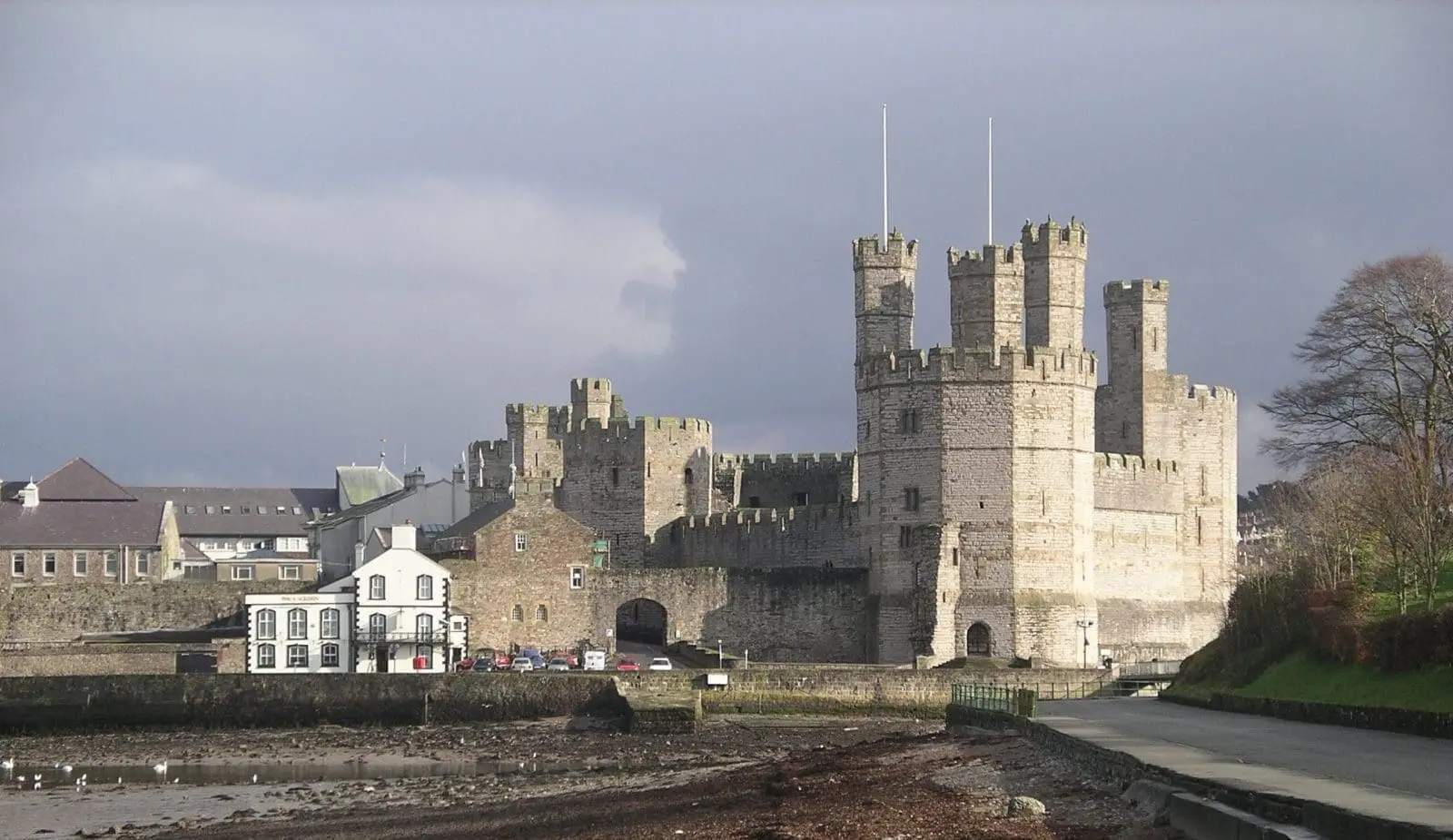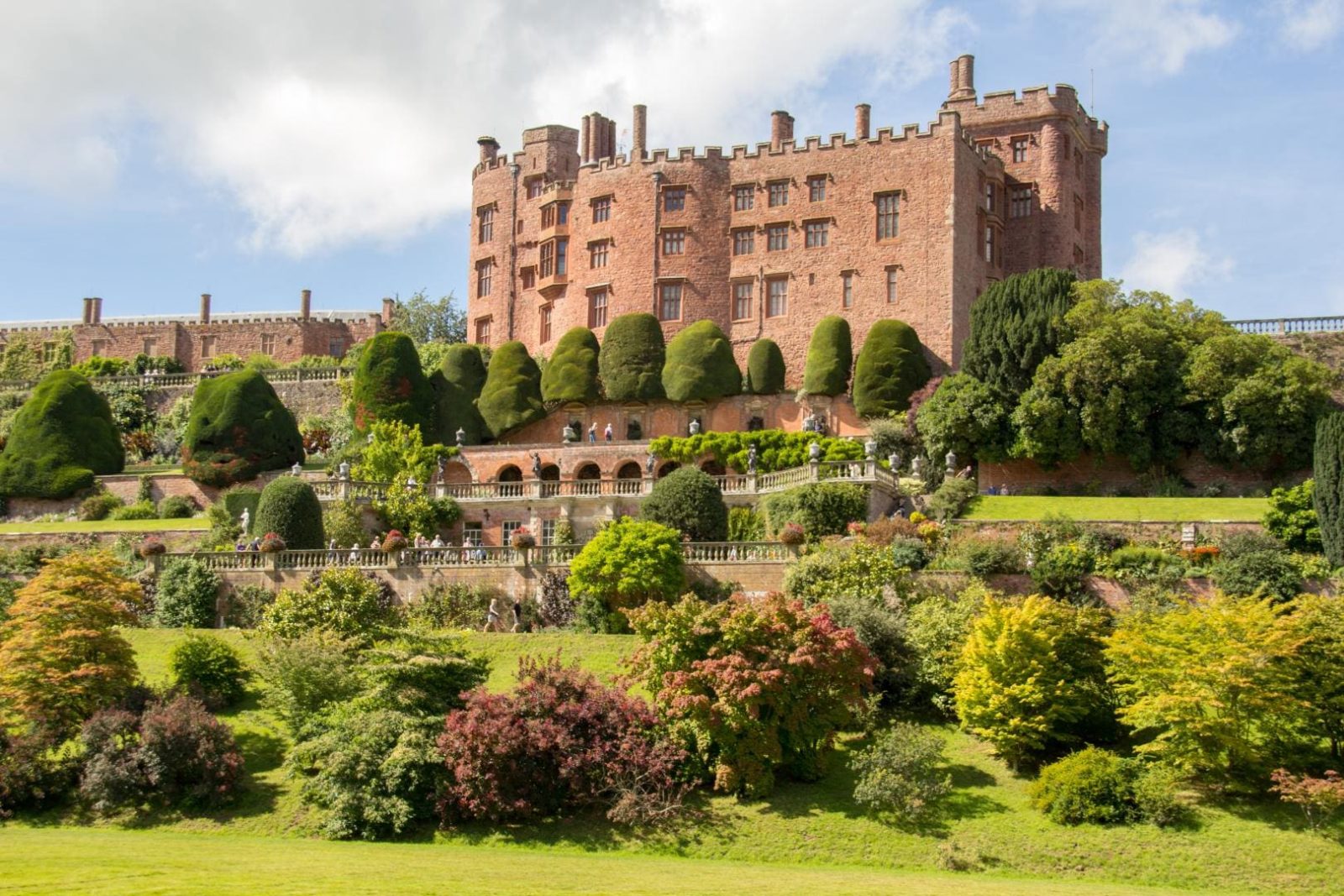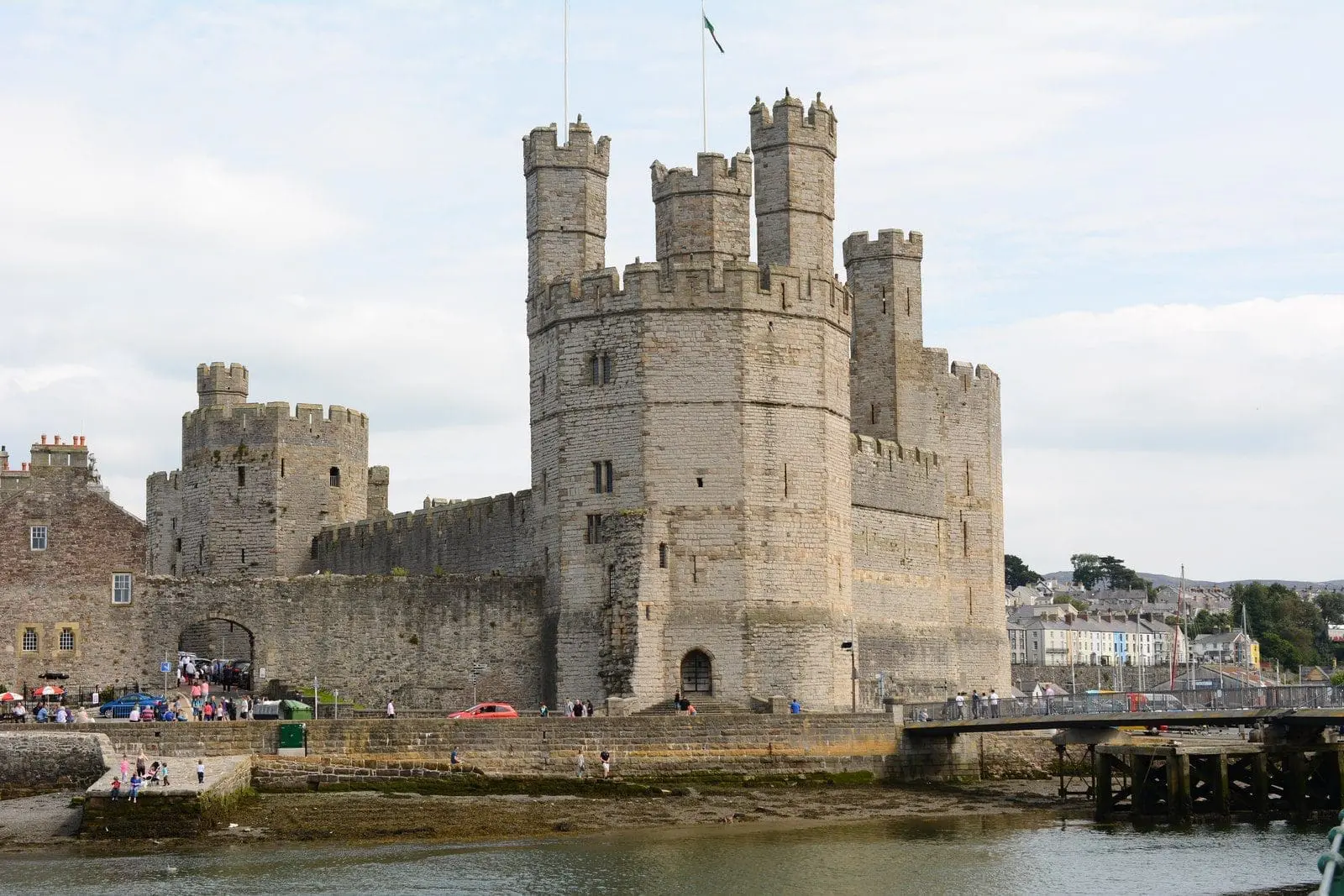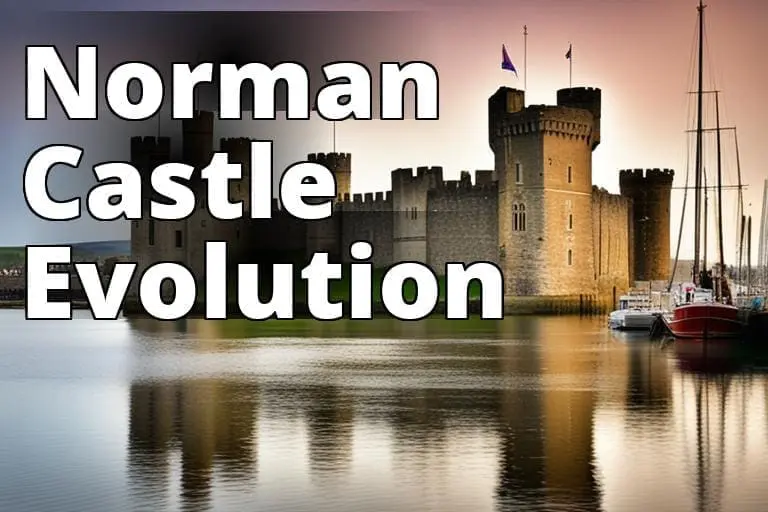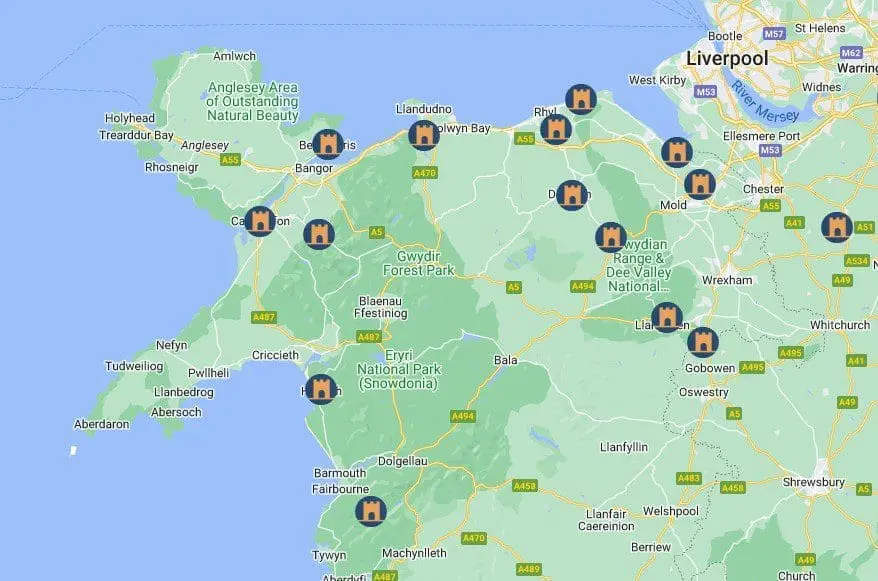Your basket is currently empty!
Princes of Wales
The history of medieval Wales is rich with tales of heroism, resistance, and the struggle for independence. Central to this narrative are the Princes of Wales, whose leadership and legacy have shaped Welsh identity and heritage. This section explores the lives and achievements of the notable medieval Princes of Wales, from the early rulers of Gwynedd to the legendary Owain Glynd?r.
Historical Figures of Wales
-
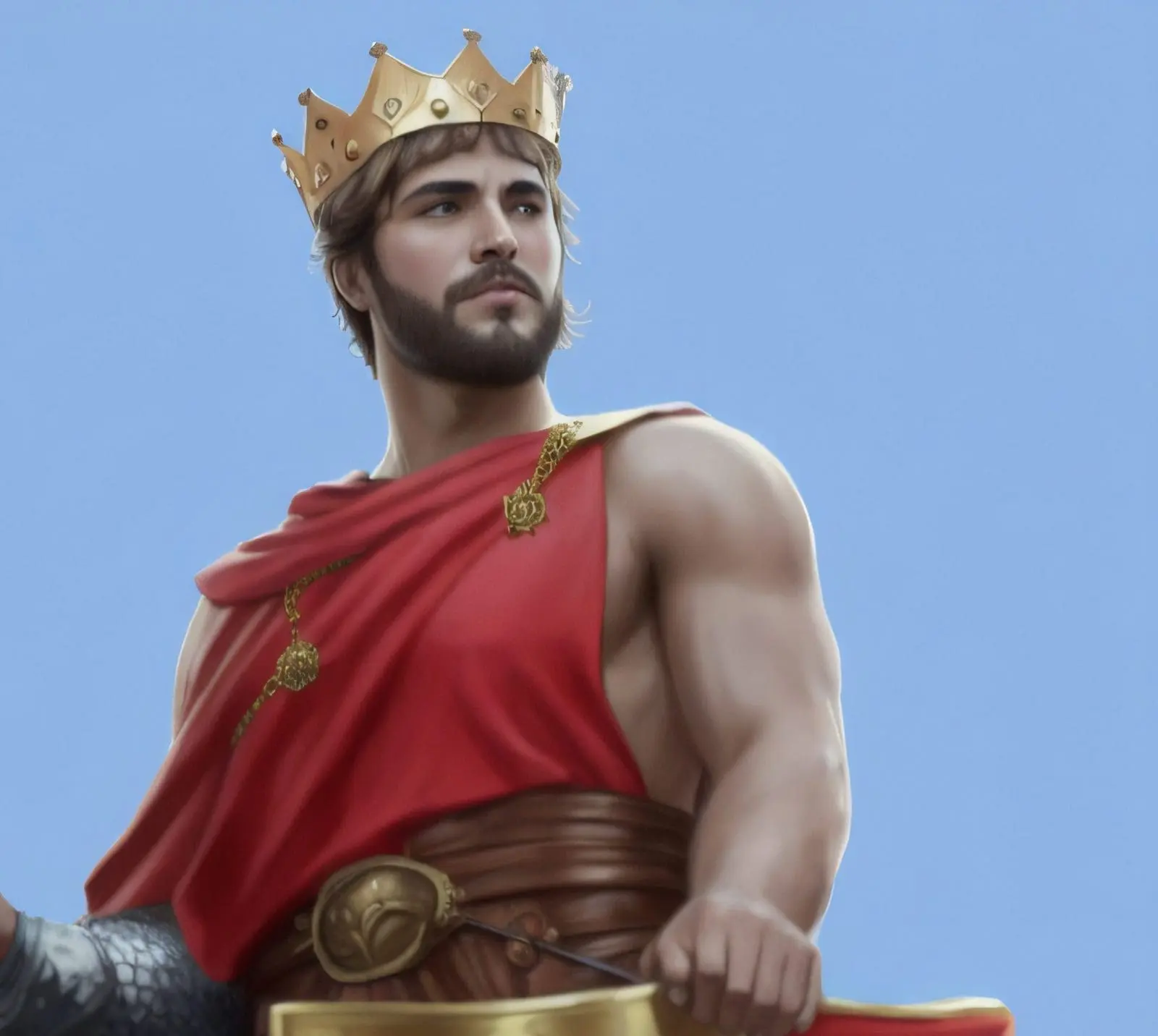
Llywelyn ab Iorwerth
Llywelyn ab Iorwerth, also known as Llywelyn the Great, became the Prince of Gwynedd in north…
-

Llywelyn ap Gruffudd
Llywelyn ap Gruffudd was the last major ruler representing an independent Wales before the country’s conquest…
-
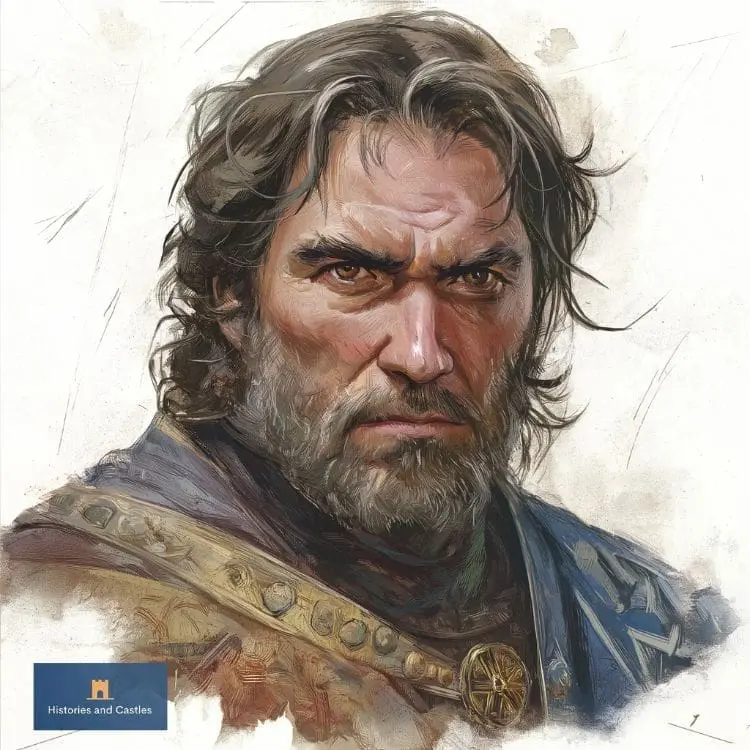
Llywelyn the Great: The Welsh Prince Who United a Nation
This article explore Llywelyn ap Iorwerth, known as Llywelyn the Great, one of the most influential…
-
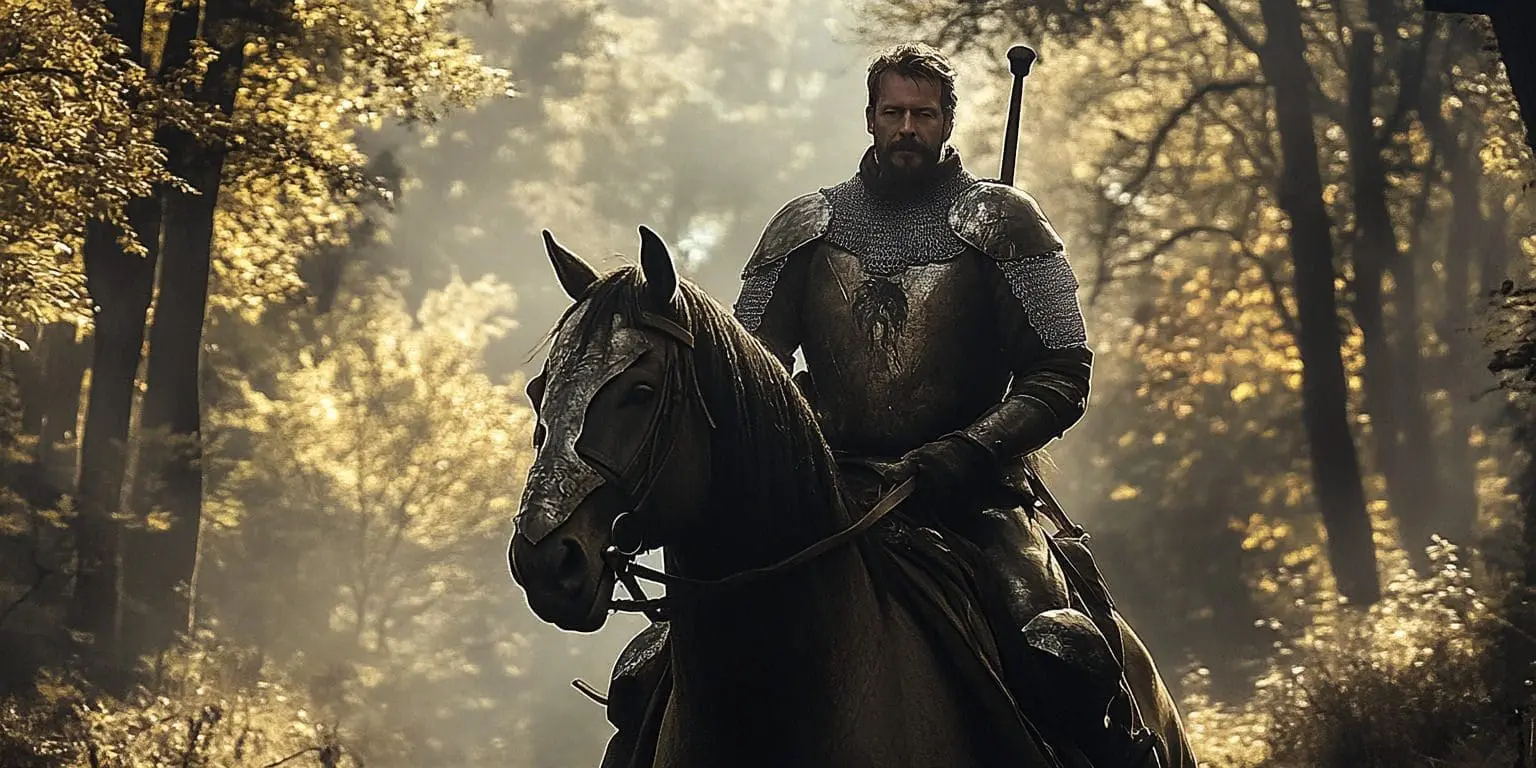
Owain Glynd?r
Owain Glynd?r led the last major armed rebellion against English power in Wales and came close…
-

Owain Gwynedd
Owain Gwynedd’s rise to power, his military conquests and territorial gains, his volatile relationship with Henry…
-
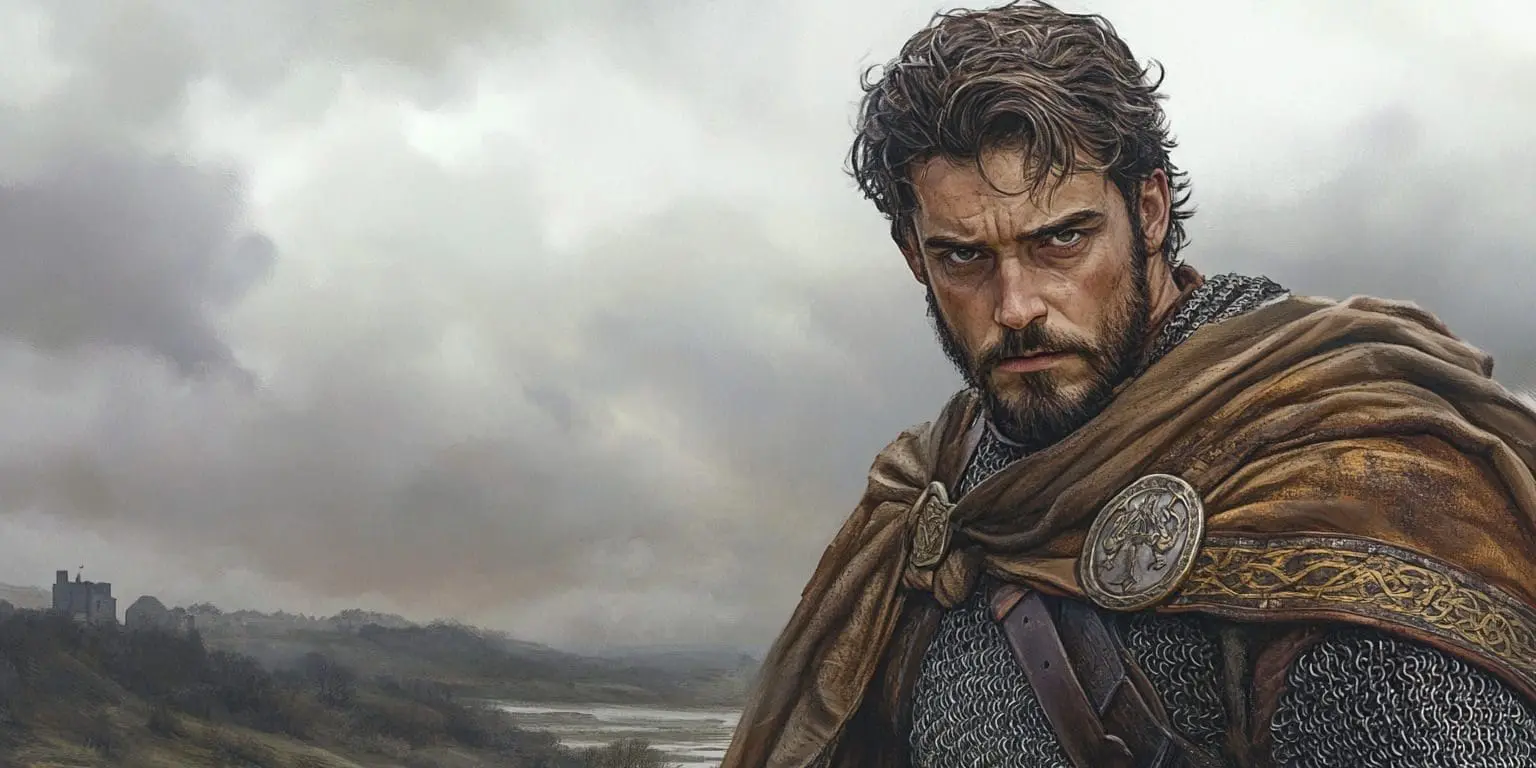
Rhys ap Gruffudd
Rhys ap Gruffudd, also known as The Lord Rhys, rose to power during a pivotal time…
Related Articles
-
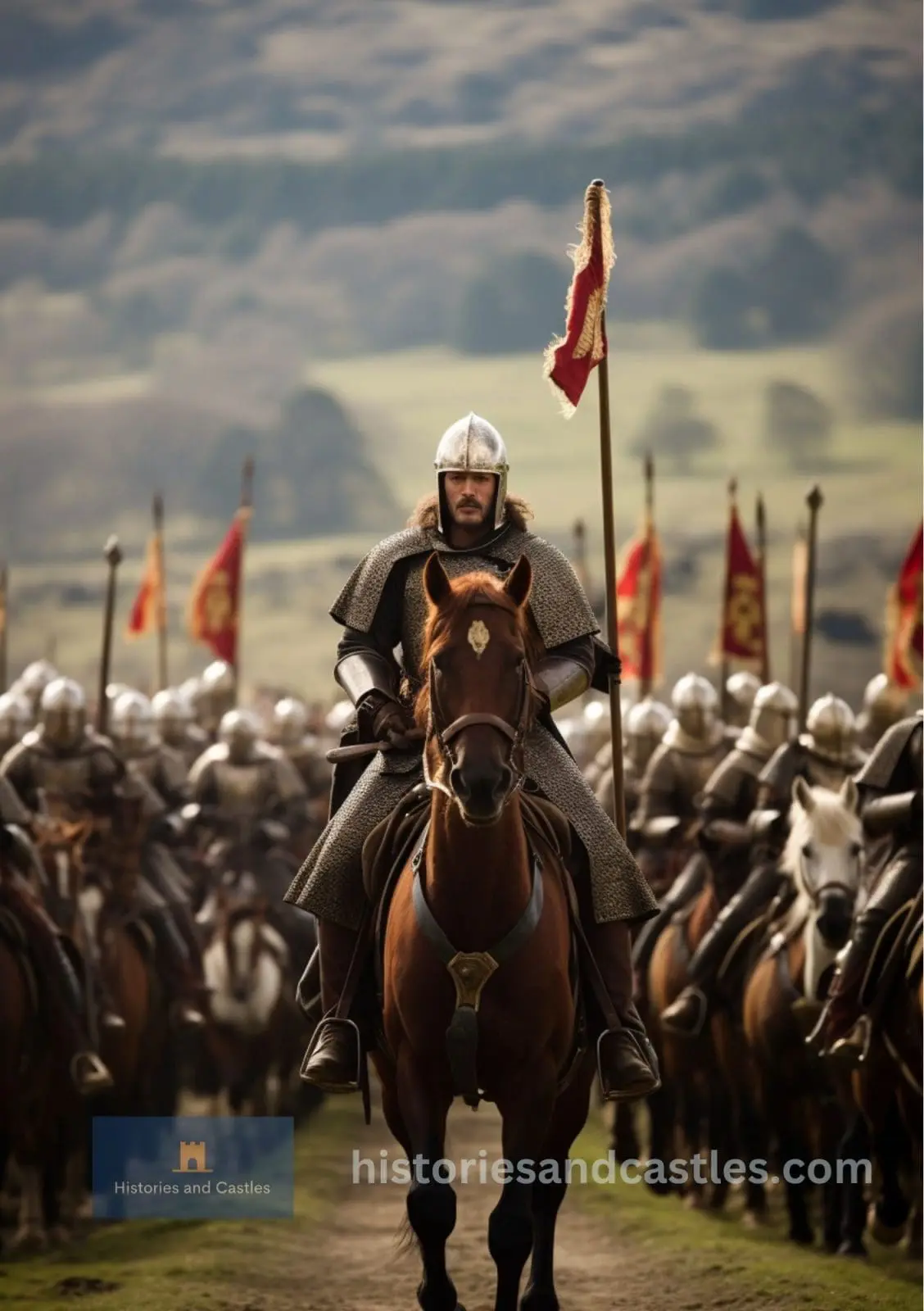
King Edward I’s conquest of Wales
Edward’s conquest marked a definitive political shift, ending Welsh independence and cementing England’s domination over the…
-

Llywelyn the Great: The Welsh Prince Who United a Nation
This article explore Llywelyn ap Iorwerth, known as Llywelyn the Great, one of the most influential…
-

Owain Gwynedd
Owain Gwynedd’s rise to power, his military conquests and territorial gains, his volatile relationship with Henry…
-
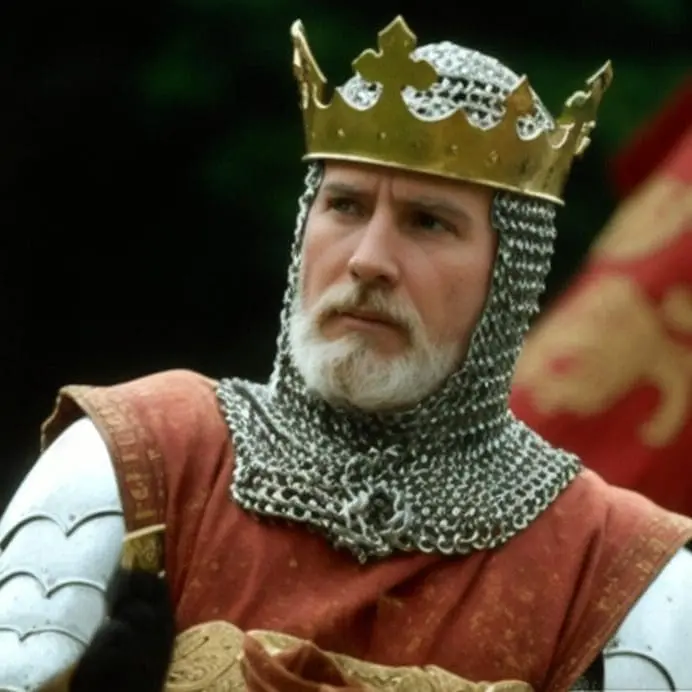
The Architectural Ambitions of King Edward I: The Castles of Wales
The tension between England and Wales was not just about territory; it was a clash of…
-
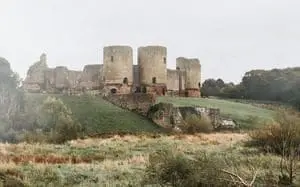
The Statute of Rhuddlan: The Legal Union of Wales and England
The Statute of Rhuddlan, implemented in 1284, was a pivotal development that paved the way for…
-

The Welsh Dragon in Battles and Warfare
From early medieval conflicts against the Saxons to the Glynd?r Rebellion against the English crown, the…


